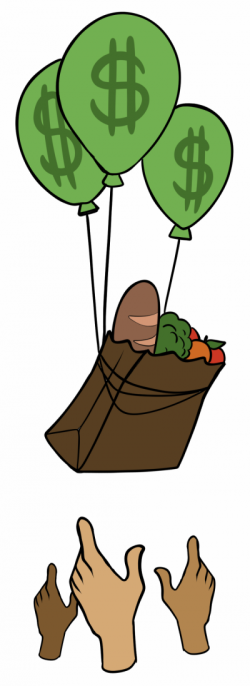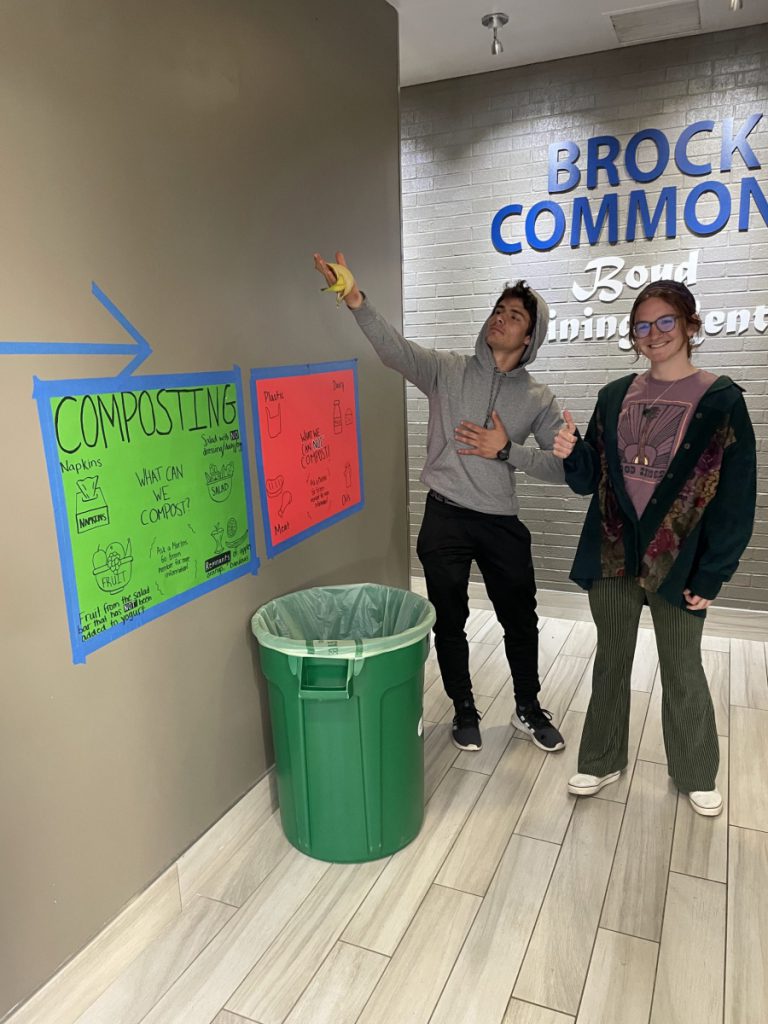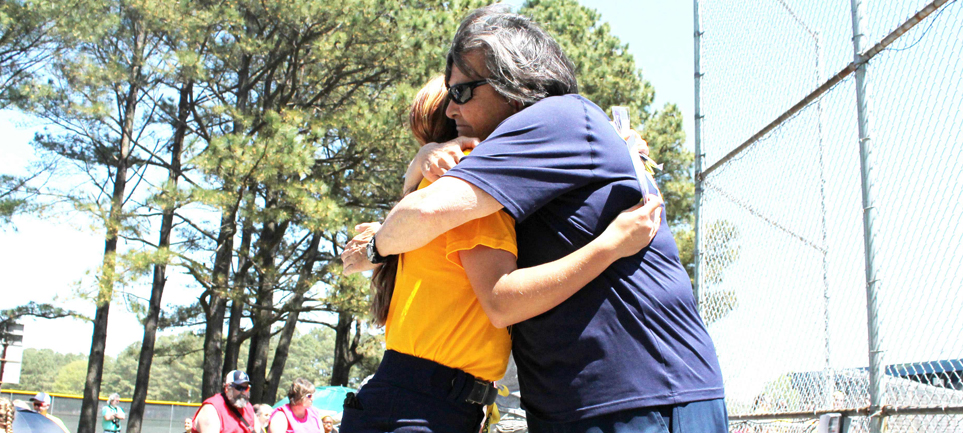Much like all college students around the world, the Virginia Wesleyan Marlins are conscious of rising costs, particularly in gas and food. Most years, gas prices fall five to ten cents around this time. Gas in the summer is more expensive because the demand is higher and the summer blend tends to be a higher price.
But now, with the pandemic restrictions eased, the demand for gas for people traveling has stayed high, allowing companies to reasonably keep their prices high. Additionally, the United States is producing less oil as a whole, making it more expensive to use and transport oil.
The last time that gas prices were above $3.00 was in Oct. 2014. A source from WTVR in Richmond stated that the price of crude oil is twice what it was last year. According to AAA, the national average price of regular gas is $3.415. The state of Virginia’s average gas price is lower, at $3.294, and the average for Virginia Beach is $3.276. Last month, the Virginia Beach average was at $2.950, and a year ago, the average stood at $1.987.
Joey Mueller, president of the Student Government Association, business manager of the APO fraternity and current junior in the Batten Honors College states that his two most common stations for gas are Wawa and Exxon.
In the area surrounding VWU, Wawa gas prices range from $3.23 to $3.29. The closest Exxon station is priced at $3.23 for regular gas.
Freshman Amalia Houff noticed the changes even from the beginning of the
semester. “The increase within prices in fuel are incredibly more evident to me, considering I generally only buy gas once or twice a month and within these monthlong periods there are drastic and noticeable changes in the price range of gas per gallon,” Houff said.
She stated that when she moved to Virginia Beach in August “the price of fuel was almost under 3 dollars for both diesel and gas, and now, only three months later, fuel ranges from $3.60 to $3.80 at some places.”
With gas, food prices at restaurants and grocery stores have been rising as well. This is because the supply chains are slow from the pandemic and because the demand is still high from the shortages during the height of the pandemic.
Reports show that prices in common fast food and chain restaurants such as Taco Bell, Chipotle, Dunkin and McDonald’s have been increasing since over the summer. The prices entice students to spend less on groceries and things like coffee.
“I’ve been trying to go to the caf more to avoid spending money on food, I get my coffee from Wawa instead of Starbucks, things like that,” Mueller said.
Houff stated a similar budgetary goal. “I refrain from buying anything that I deem as more ‘luxury’ food items,” Houff said. “Snacks that I like but have become too expensive to dignify continued purchasing of said item.”
Houff is grateful for the fact that she has access to the Commissary where she can buy food in bulk. “The large increases in price have not affected me as drastically as they have affected my friends,” Houff said.
As Thanksgiving Break approaches, students may be looking forward to a free home-cooked meal, or they may be counting miles to see if they can afford gas at rising prices.
BY RHIAN TRAMONTANA
rjtramontana@vwu.edu
Image Courtesy of Emily Uzzle | Marlin Chronicle



